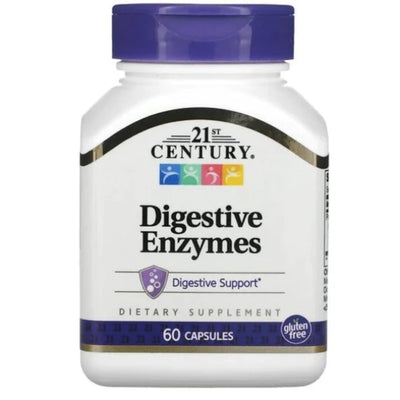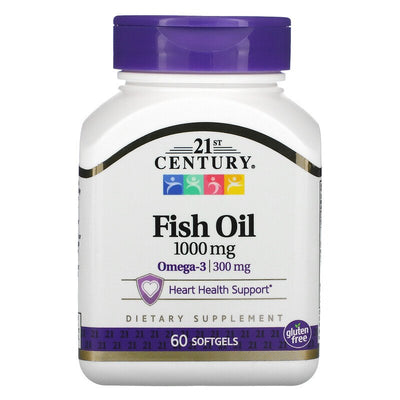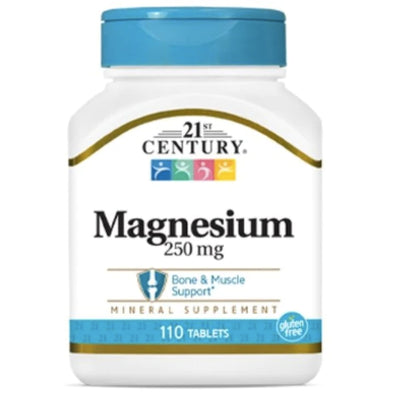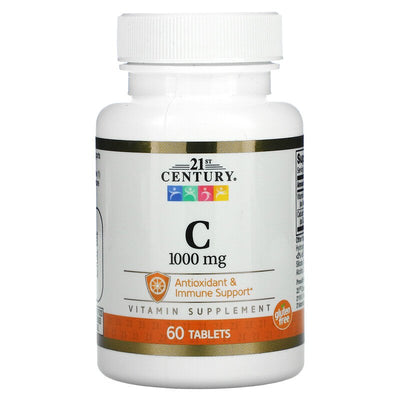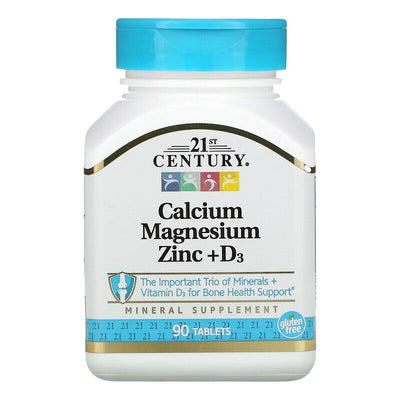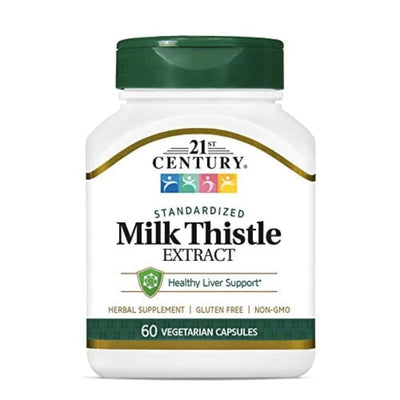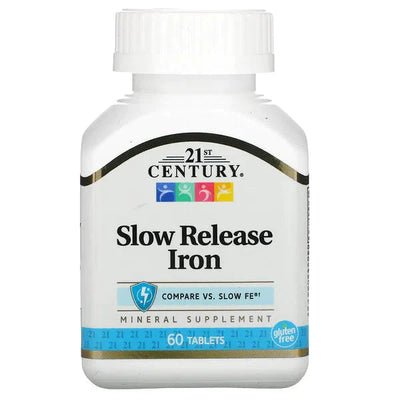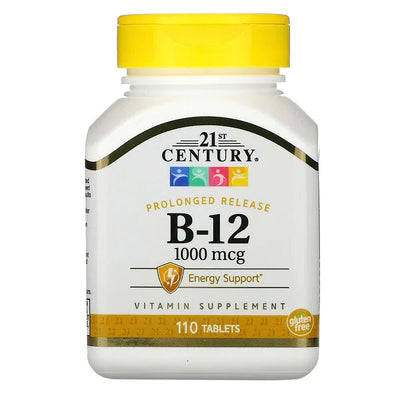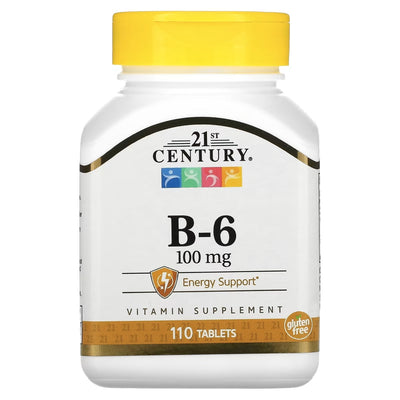
Protein and Satiety: Feeling Full and Satisfied on a High-Protein Diet
Why Does Protein Enhance Satiety?
Protein's impressive ability to reduce hunger and increase feelings of fullness lies in its impact on several bodily processes and hunger-regulating hormones:
Hormonal Effects
Protein ingestion influences the release of several hormones that play roles in hunger and satiety. These include:
- GLP-1 and PYY: Hormones that increase satiety and help reduce appetite.
- Ghrelin: Often referred to as the "hunger hormone," its levels decrease after consuming protein, leading to a reduced sensation of hunger.
High Thermic Effect
The thermic effect of food (TEF) refers to the energy expended by the body to process nutrients. Protein has a higher TEF compared to fats and carbohydrates, meaning that more energy is required to digest, absorb, and process protein. This energy expenditure can contribute to a feeling of fullness.
Digestion and Absorption Rates
Protein generally takes longer to digest than carbohydrates, prolonging the feeling of fullness after a meal. This slow digestion rate helps stabilize blood sugar levels, preventing the spikes and crashes that can lead to hunger pangs.
Benefits of a High-Protein Diet for Satiety
Weight Management
By enhancing satiety, a high-protein diet can naturally lead to a reduction in calorie intake. This makes it easier to maintain a calorie deficit if weight loss is the goal, or to simply manage weight more effectively without feeling deprived.
Muscle Preservation
High protein intake is essential not only for building muscle but also for preserving muscle mass, especially during weight loss. Maintaining muscle mass is crucial as muscle tissue burns more calories than fat tissue, thereby supporting a higher metabolic rate.
Improved Body Composition
A high-protein diet can help improve overall body composition by helping to reduce body fat while increasing or preserving lean muscle mass. This is especially beneficial for those engaged in resistance training or regular physical activity.
How to Incorporate More Protein into Your Diet
Start with Breakfast
Incorporating protein into your breakfast can help control hunger throughout the day. Options like eggs, Greek yogurt, or protein shakes are excellent choices.
Include Protein in Every Meal
Ensure that each meal and snack contains a source of protein. This helps maintain consistent satiety levels throughout the day and prevents overeating during larger meals.
Choose Quality Protein Sources
Opt for whole food sources like lean meats, fish, eggs, dairy, legumes, and nuts. These foods provide additional nutrients beyond protein, which can also contribute to health and satiety.
Consider Protein Supplements
If you find it challenging to meet your protein needs through food alone, consider using protein powders or bars. They can be a convenient and effective way to boost your protein intake.
Conclusion
Understanding the role of protein in promoting satiety and managing hunger is crucial for anyone looking to improve their dietary habits or manage their weight. By focusing on high-protein foods and ensuring a steady intake throughout the day, you can enhance your feelings of fullness and satisfaction, making it easier to stick to a healthy eating plan. Always consult with a healthcare provider or nutritionist to ensure that your diet is balanced and tailored to your specific health needs and goals.







